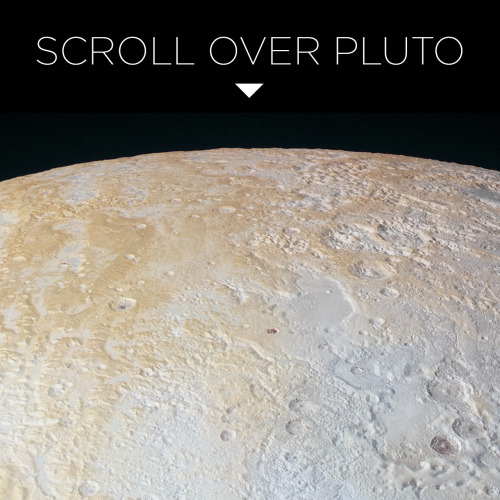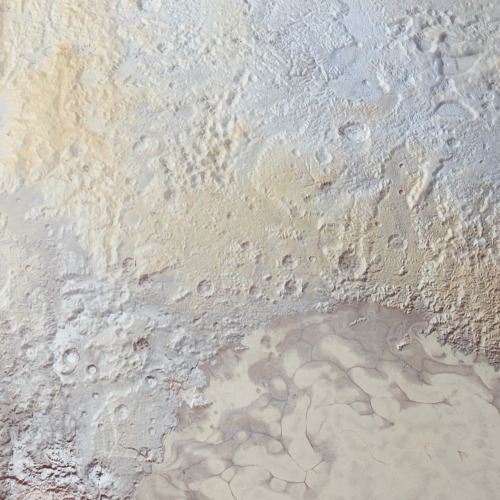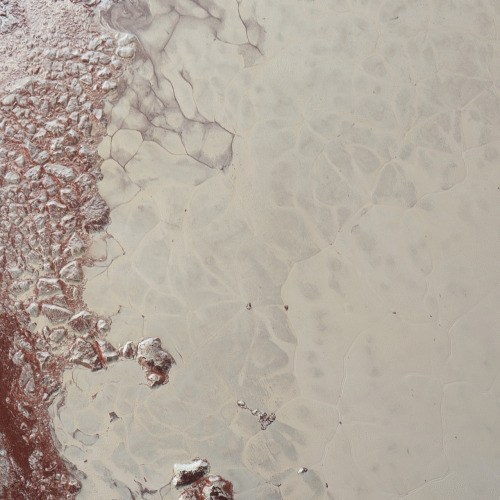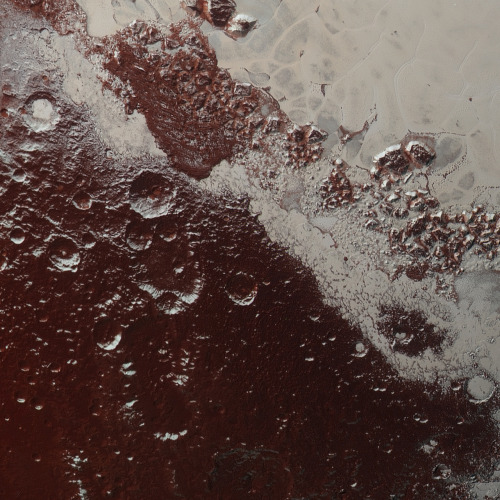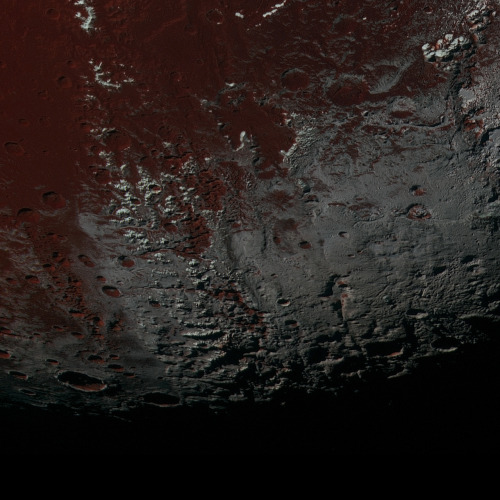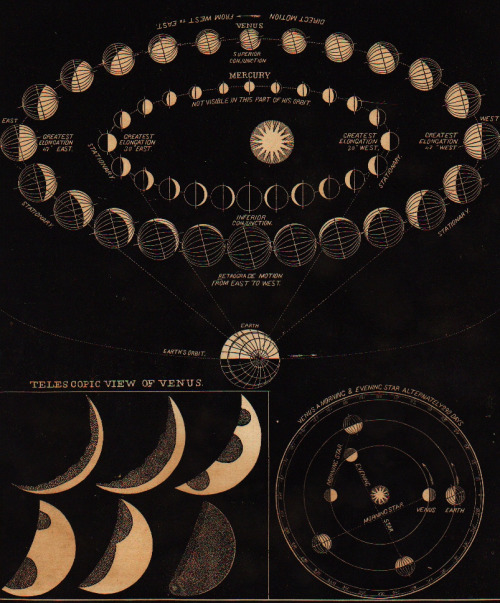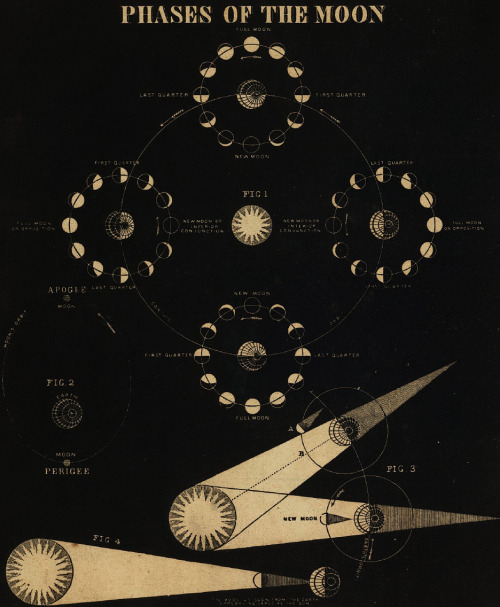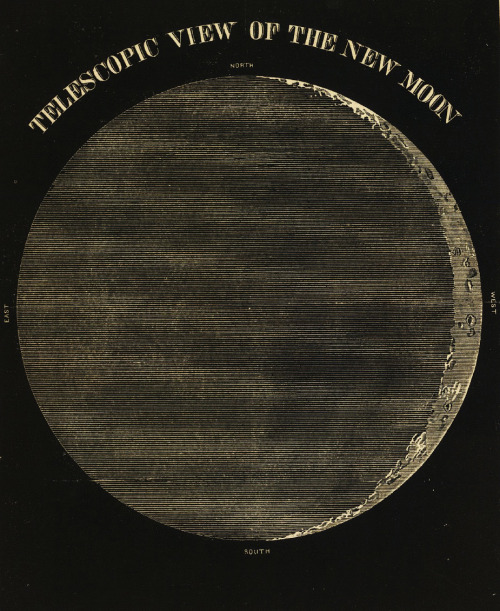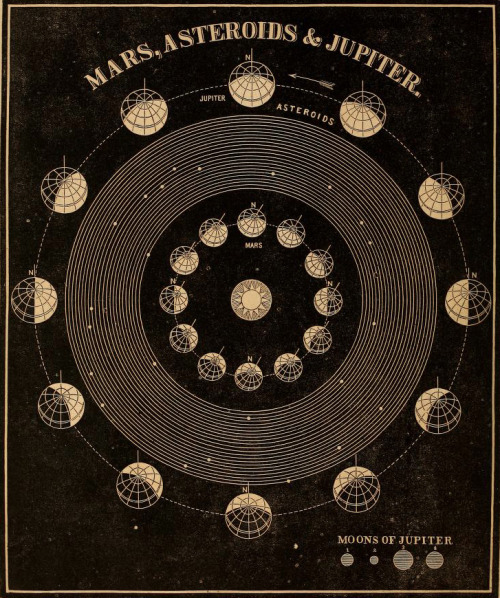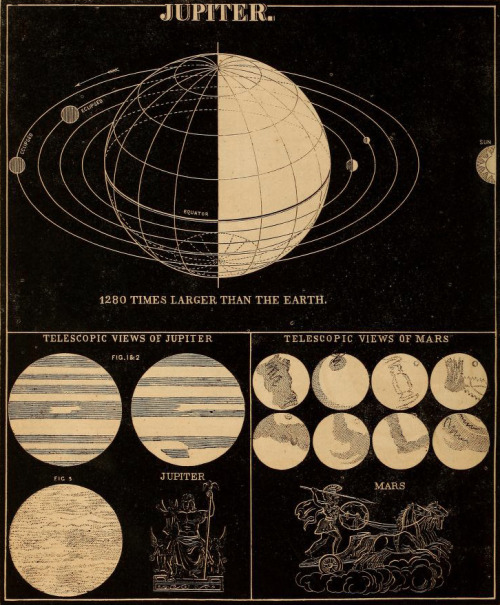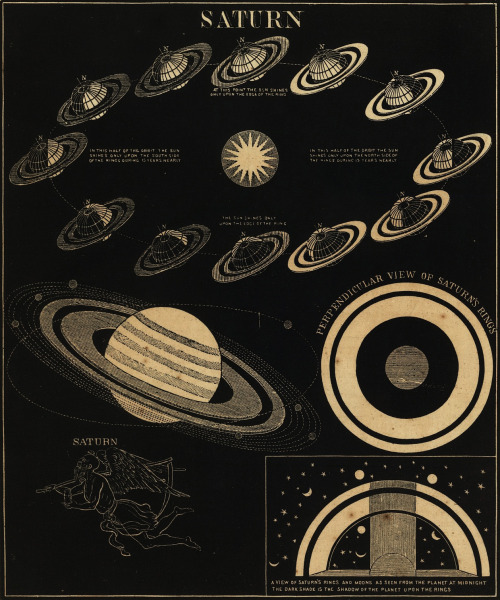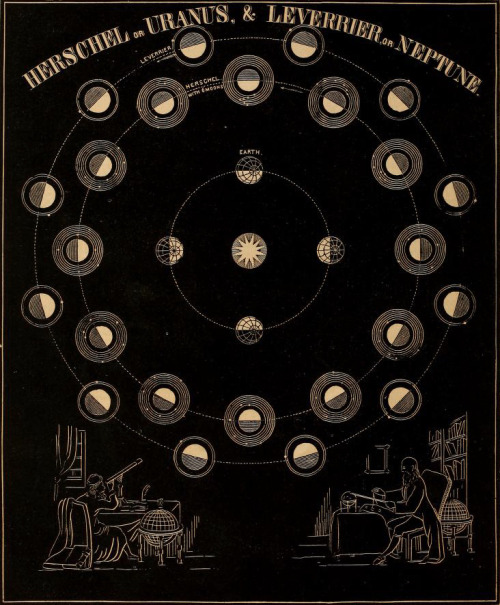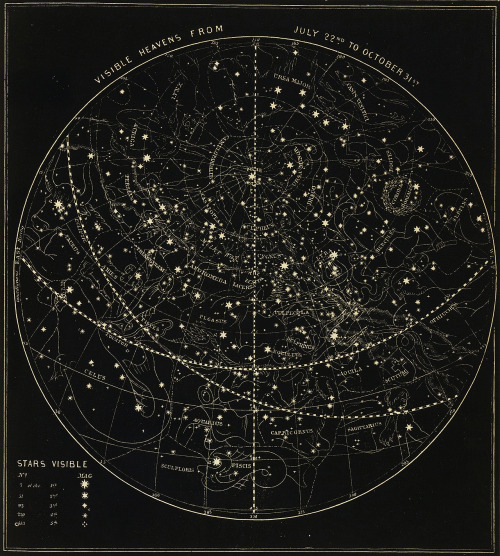A Giant Star Factory In Neighboring Galaxy NGC 6822 NASA

A Giant Star Factory in Neighboring Galaxy NGC 6822 NASA
js
More Posts from Fillthevoid-with-space and Others

This photo of Astronaut Charlie Duke’s family has been on the moon for the last 43 years.
via reddit

Aboard the International Space Station, astronaut Thomas Pesquet of the European Space Agency snapped this photo and wrote, ‘The view at night recently has been simply magnificent: few clouds, intense #aurora. I can’t look away from the windows.'
The dancing lights of the aurora provide stunning views, but also capture the imagination of scientists who study incoming energy and particles from the sun. Aurora are one effect of such energetic particles, which can speed out from the sun both in a steady stream called the solar wind and due to giant eruptions known as coronal mass ejections or CMEs. Credit: NASA/ESA
Make sure to follow us on Tumblr for your regular dose of space: http://nasa.tumblr.com
Talking to a real cosmonaut
I met cosmonaut Sergei Volkov the other day as well as astronaut Andreas Mogensen (yeah I was geeking out hard) and I asked Sergei, after a total of 1½ year in space, what came as the biggest surprise and I expected this grand answer..
but he was like “in space, your t-shirt is floating too. It’s not hanging on you. It’s a weird sensation. There’s not really anything in space that stresses your body which is why we exercise.. like Andreas said, first time in space, you forget that you can just leave your fork floating while you’re opening your food. you try and put it down on a surface or hold everything in your hand like you’re afraid to drop it. And the fact that you can work 10 hours and concentrate really hard and not be sore in your neck.. Because there’s no gravity pulling at you. Dreams change as well after a while. I would dream about doing stuff on the space station but in my dreams there was gravity. It’s such a basic human thing, gravity.”
on the subject of returning back to earth: “Once you get back to earth, the first few days are tough. I took a shower instead of a bath, and it felt like the water was crushing me, I had to step out of the shower, it was just too overwhelming. Holding up your cell phone to your ear, It’s like holding a brick.”
Gotta wake up pretty early in the morning to see the blue blood moon!

SUPER BLUE BLOOD MOON
What is an upcoming project/mission you're most excited for?
It is likely that I’ll be assigned a mission to the International Space Station (ISS) within the next few years. We’ve had a continuous presence on the Space Station for 17 years now, along with our international partners (Russian Space Agency, European Space Agency, Japanese Space Agency, and Canadian Space Agency). Missions on the ISS typically last 6 months. I’m incredibly excited to contribute to the impressive array of scientific experiments that we are conducting every day on ISS (I am a scientist after all!), and very much look forward to the potential of going for a spacewalk and gaining that perspective of gazing down on the fragile blue ball that is our home from above. Beyond that, being part of test missions on the Orion spacecraft (currently under construction at NASA!) would be an extraordinary opportunity. The current NASA plan is to send astronauts in Orion in a mission that will go 40,000 miles beyond the Moon in the early 2020s, reaching a distance further than that ever travelled by humans. I’d certainly be game for that!
Does space have a standard time or do you rely on the time zones on Earth while you are in space?
Great question. Really it is up to the particular space agency/mission which time zone they use. For example, since the International Space Station is a collaboration between NASA, the Russian Space Agency, the European Space Agency, the Japanese Space Agency, and the Canadian Space Agency, we came up with the compromise of operating on Greenwich Mean Time (GMT). So, Space Station time is the same as London time! The International Space Station orbits our planet every 90 minutes, so of course we’re transiting across multiple time zones constantly.
People can’t anticipate how much they’ll miss the natural world until they are deprived of it. I have read about submarine crewmen who haunt the sonar room, listening to whale songs and colonies of snapping shrimp. Submarine captains dispense “periscope liberty” - a chance to gaze at clouds and birds and coastlines - and remind themselves that the natural world still exists. I once met a man who told me that after landing in Christchurch, New Zealand, after a winter at the South Pole research station, he and his companions spent a couple of days just wandering around staring in awe at flowers and trees. At one point, one of them spotted a woman pushing a stroller. “A baby!” he shouted, and they all rushed across the street to see. The woman turned the stroller and ran. Nothing tops space as a barren, unnatural environment. Astronauts who had no prior interest in gardening spend hours tending experimental greenhouses. “They are our love,” said cosmonaut Vladislav Volkov of the tiny flax plants - with which they shared the confines of Salyut 1, the first Soviet space station. At least in orbit, you can look out the window and see the natural world below. On a Mars mission, once astronauts lose sight of Earth, they’ll be nothing to see outside the window. “You’ll be bathed in permanent sunlight, so you won’t eve see any stars,” astronaut Andy Thomas explained to me. “All you’ll see is black.”
Mary Roach. Packing for Mars: The Curious Science of Life in the Void (via coneyislands)
-
 veronnie-gryffindork liked this · 1 year ago
veronnie-gryffindork liked this · 1 year ago -
 treasureplanetlove reblogged this · 4 years ago
treasureplanetlove reblogged this · 4 years ago -
 crestoflaminee reblogged this · 4 years ago
crestoflaminee reblogged this · 4 years ago -
 meditationrelaxationmusic reblogged this · 4 years ago
meditationrelaxationmusic reblogged this · 4 years ago -
 myoholion1012 reblogged this · 4 years ago
myoholion1012 reblogged this · 4 years ago -
 myoholion1012 liked this · 4 years ago
myoholion1012 liked this · 4 years ago -
 mercuryana reblogged this · 5 years ago
mercuryana reblogged this · 5 years ago -
 tessi-moghaddam reblogged this · 5 years ago
tessi-moghaddam reblogged this · 5 years ago -
 i-trust-books-and-music reblogged this · 5 years ago
i-trust-books-and-music reblogged this · 5 years ago -
 emilys-locket liked this · 5 years ago
emilys-locket liked this · 5 years ago -
 prettiboifloyd liked this · 5 years ago
prettiboifloyd liked this · 5 years ago -
 saltythexfilesindianjonescop liked this · 5 years ago
saltythexfilesindianjonescop liked this · 5 years ago -
 strawberry-fly liked this · 5 years ago
strawberry-fly liked this · 5 years ago -
 astelbanana liked this · 5 years ago
astelbanana liked this · 5 years ago -
 justbottomsexaddicted liked this · 5 years ago
justbottomsexaddicted liked this · 5 years ago -
 jacquelinesantiago liked this · 5 years ago
jacquelinesantiago liked this · 5 years ago -
 blackjulip liked this · 5 years ago
blackjulip liked this · 5 years ago -
 moonlightmolly liked this · 5 years ago
moonlightmolly liked this · 5 years ago -
 stubbornasacat reblogged this · 5 years ago
stubbornasacat reblogged this · 5 years ago -
 stubbornasacat liked this · 5 years ago
stubbornasacat liked this · 5 years ago -
 georg007 liked this · 5 years ago
georg007 liked this · 5 years ago -
 moonlit-jellies liked this · 5 years ago
moonlit-jellies liked this · 5 years ago -
 thepizzalovingnerd liked this · 5 years ago
thepizzalovingnerd liked this · 5 years ago -
 aherosoup liked this · 5 years ago
aherosoup liked this · 5 years ago -
 covenawhite66 reblogged this · 5 years ago
covenawhite66 reblogged this · 5 years ago -
 covenawhite66 liked this · 5 years ago
covenawhite66 liked this · 5 years ago -
 dippedintarot liked this · 5 years ago
dippedintarot liked this · 5 years ago -
 thearcalian reblogged this · 6 years ago
thearcalian reblogged this · 6 years ago -
 tngbabe liked this · 6 years ago
tngbabe liked this · 6 years ago -
 16fahri liked this · 6 years ago
16fahri liked this · 6 years ago -
 daemondamian liked this · 6 years ago
daemondamian liked this · 6 years ago -
 konfuziusmeans liked this · 6 years ago
konfuziusmeans liked this · 6 years ago -
 myplaylistsoulbiscuit-blog liked this · 6 years ago
myplaylistsoulbiscuit-blog liked this · 6 years ago -
 n09m19changsblog liked this · 6 years ago
n09m19changsblog liked this · 6 years ago -
 insidiousclouds-2 liked this · 6 years ago
insidiousclouds-2 liked this · 6 years ago -
 croutonwhore liked this · 6 years ago
croutonwhore liked this · 6 years ago -
 beetle-loverrr liked this · 6 years ago
beetle-loverrr liked this · 6 years ago -
 kayceelouu liked this · 6 years ago
kayceelouu liked this · 6 years ago
A podcast project to fill the space in my heart and my time that used to be filled with academic research. In 2018, that space gets filled with... MORE SPACE! Cheerfully researched, painstakingly edited, informal as hell, definitely worth everyone's time.
243 posts
